Manufacturers New Motto: Fewer Platforms, More Models, More Volume
At least that’s the findings from Evalueserve’s White Paper, entitled “Platform Strategy Will Shape the Future of OEMs.” Like many facets of the auto industry, the concept of platform sharing is nothing new, automakers have been doing it for decades.
Yet, the realities of doing business in the 21st century mean that not only is it no longer acceptable for automakers to offer a range of badge engineered models (think back to GM’s J-cars of the 1980s), it simply isn’t financially feasible to have a range of unique, dedicated platforms either.
According to Evalueserve’s own analysis, last year, the top 20 global passenger car platforms accounted for some 40 percent of global sales, with realistic projections set to see these top 20 account for almost 50 percent of all global vehicle sales by 2015.
Yet as we move forward and automakers seek to maintain economies of scale, the number of vehicle architectures is expected to shrink still further, even as many brands aim to proliferate their model offerings as well as adding localized production, all in an effort to make their products appeal to a wider range of consumers in different global markets, while minimizing supply and tariff issues.
Evalueserve estimates that by 2020, the major vehicle manufacturers; Daimler AG, Fiat/Chrysler, Ford, General Motors, Honda, PSA Peugeot/Citroen, Renault/Nissan, Toyota and Volkswagen Group will have reduced the total number of vehicle architectures they use by a third.
In fact, not too long ago, GM declared that by 2018, it will have reduced its number of global vehicle architectures to just 14, down from 30 in 2010. The company also said this strategy should help it save some $1 billion each year, money that’s primarily contributed by product development programs.
More by Huw Evans



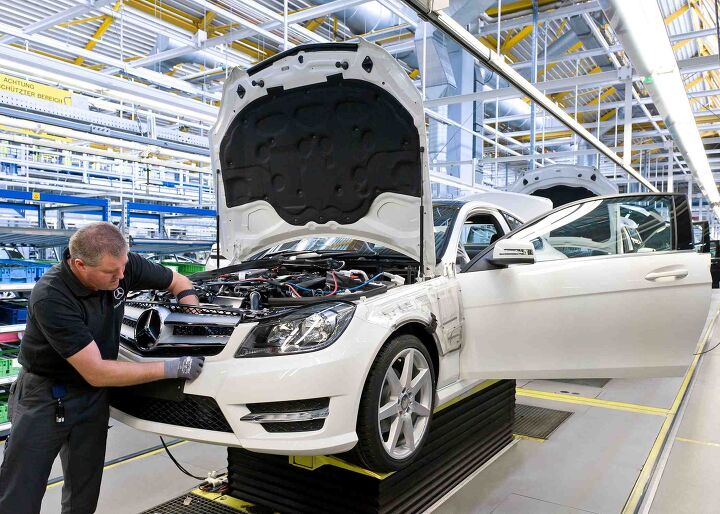










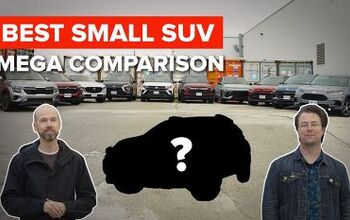
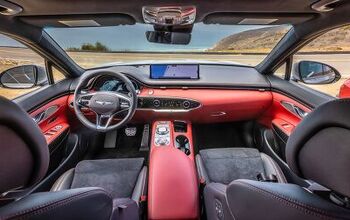




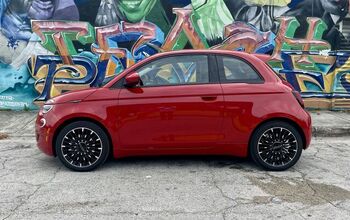



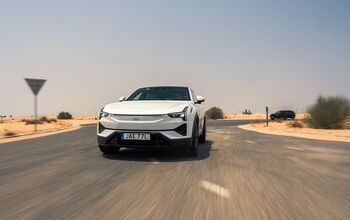

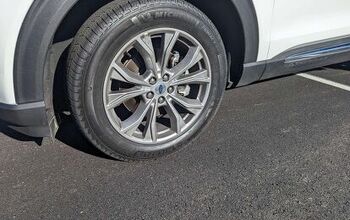
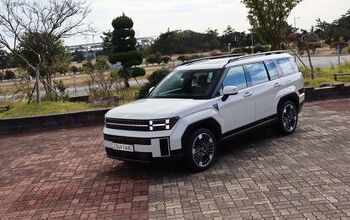



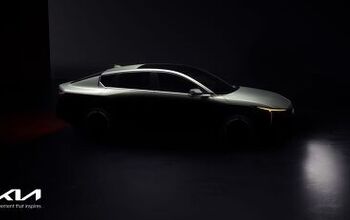
Comments
Join the conversation